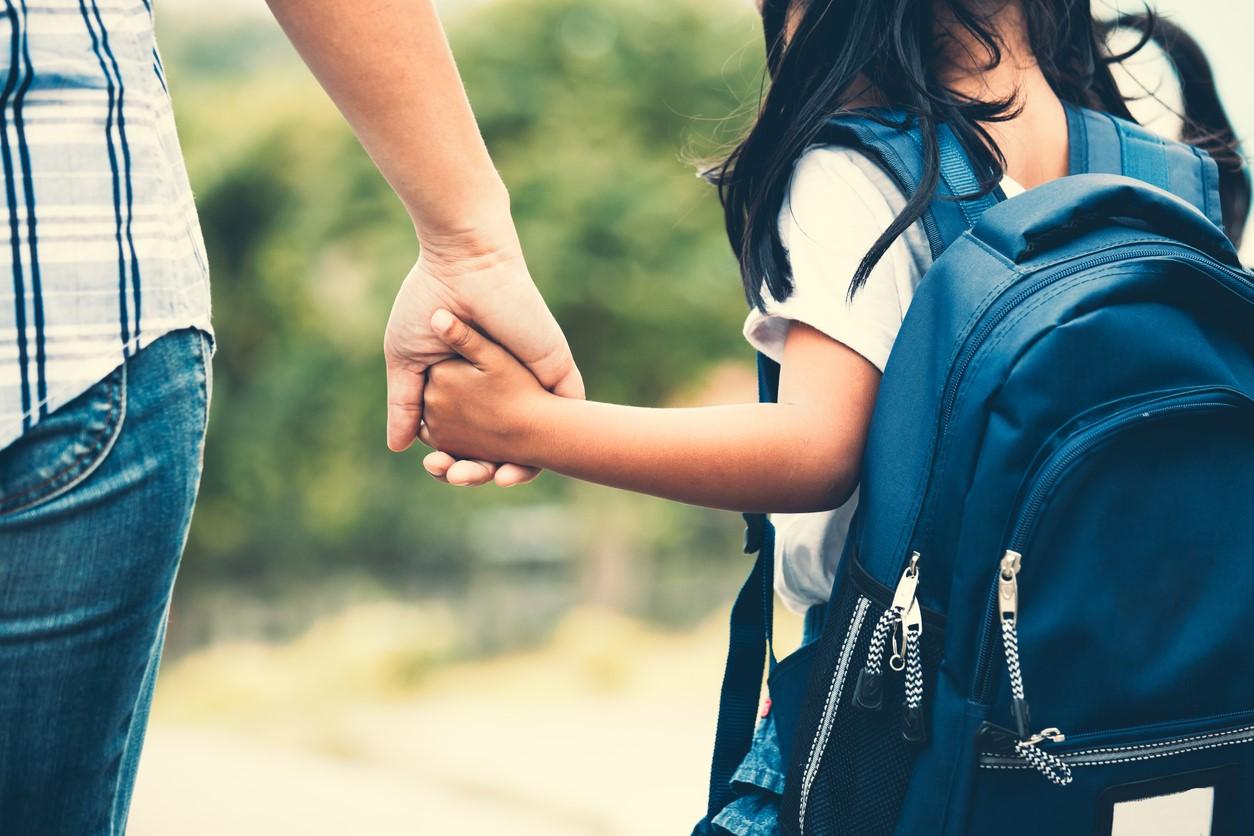Nearly 26% of US parents said they lied about their child's COVID-19 infection or didn't follow public health guidelines meant to prevent viral spread, finds a study published today in JAMA Network Open.
A team led by researchers from Middlesex Community College in Connecticut and University of Utah Health surveyed 580 US parents of children younger than 18 years from Dec 8 to 23, 2021. The online survey asked parents if and why they had ever misrepresented their child's COVID-19 status or failed to follow preventive public health measures.
The average parent age was 35.9 years, 70.2% were women, 67.1% were White, 14.8% were Black, 13.8% were Hispanic, 2.4% were Asian, and 0.9% each were American Indian/Alaskan Native or Asian.
Half lied to preserve parental freedom
Of the 580 parents, 25.9% said they had lied about their child's COVID-19 status or failed to adhere to at least one of seven recommended behaviors meant to curtail viral transmission.
The most common untruth was not telling someone who was going to spend time with their child that they knew or suspected the child had COVID-19 (63 of 263 [24.0%]), and the most common adherence failure was allowing their child to break quarantine rules (67 of 318 [21.1%]). A total of 19.4% of parents didn't have their child tested for COVID-19 when they suspected infection.
Just over half of parents who lied (52.4%) said they exposed others to their ill child because they wanted to exercise their parental autonomy, while others said their child didn't feel very sick (47.6%), they didn't want to miss a fun event to stay home (44.4%), or they didn't want their child to miss school (42.9%).
Other parents said they wanted their child's life to feel normal (46.0%), were following guidance from a public figure they trusted (eg, celebrity, politician; 39.7%), didn't want someone to judge or think badly of them or their child (39.7%), or couldn't miss work (34.9%) or other duties (42.9%) to stay home and care for a sick child.
A total of 9.7% of parents said they lied about their child's age so they could receive a COVID-19 vaccination, 10.1% told others that their child was vaccinated when they weren't, and 12.2% said their child wasn't vaccinated when they were. Of those who said their child was vaccinated when they weren't, 59.6% said they did it so their child could participate in an activity for which vaccination was required. No particular characteristics, such as education or religion, were tied to these behaviors.
Exposure to serious illness
In a University of Utah news release, first author Andrea Gurmankin Levy, PhD, noted the pandemic created stress for many people, but especially parents.
A total of 10.1% of parents told others that their child was vaccinated when they weren't, and 12.2% said their child wasn't vaccinated when they were.
"Like everyone else, parents worried about getting sick with COVID-19 or about losing their job, but parents also had to manage juggling job responsibilities while their children were home in quarantine," she said. "And it's quite possible that some parents misrepresented their child's COVID-19 status or didn't adhere to testing or quarantine rules in an attempt to ease some of this burden."
Senior author Angela Fagerlin, PhD, said that it's understandable that parents wouldn't want their child to miss school. "Yet, at the same time, they're potentially exposing other kids to a serious illness," she said. "So, it's tricky because what you might think is best for your child might not be best for other children in the classroom."
The parents who misled healthcare workers about their child's age so they could be vaccinated might have thought their actions were beneficial, but Fagerlin said there was an age cutoff for a reason. "The vaccine hadn't been tested in younger aged children, and it wasn't clear that it would be safe or effective for them," she said.
The study results, the authors said, suggest the need for policies and technologies that don't rely on the honor system or endanger privacy to protect public health. Levy added. "We need to do a better job of providing support mechanisms like paid sick leave for family illness so that parents don't feel like their only option is to engage in misrepresentation or non-adherence to public health guidelines during a future infectious disease outbreak that matches or exceeds the magnitude of COVID-19."




















